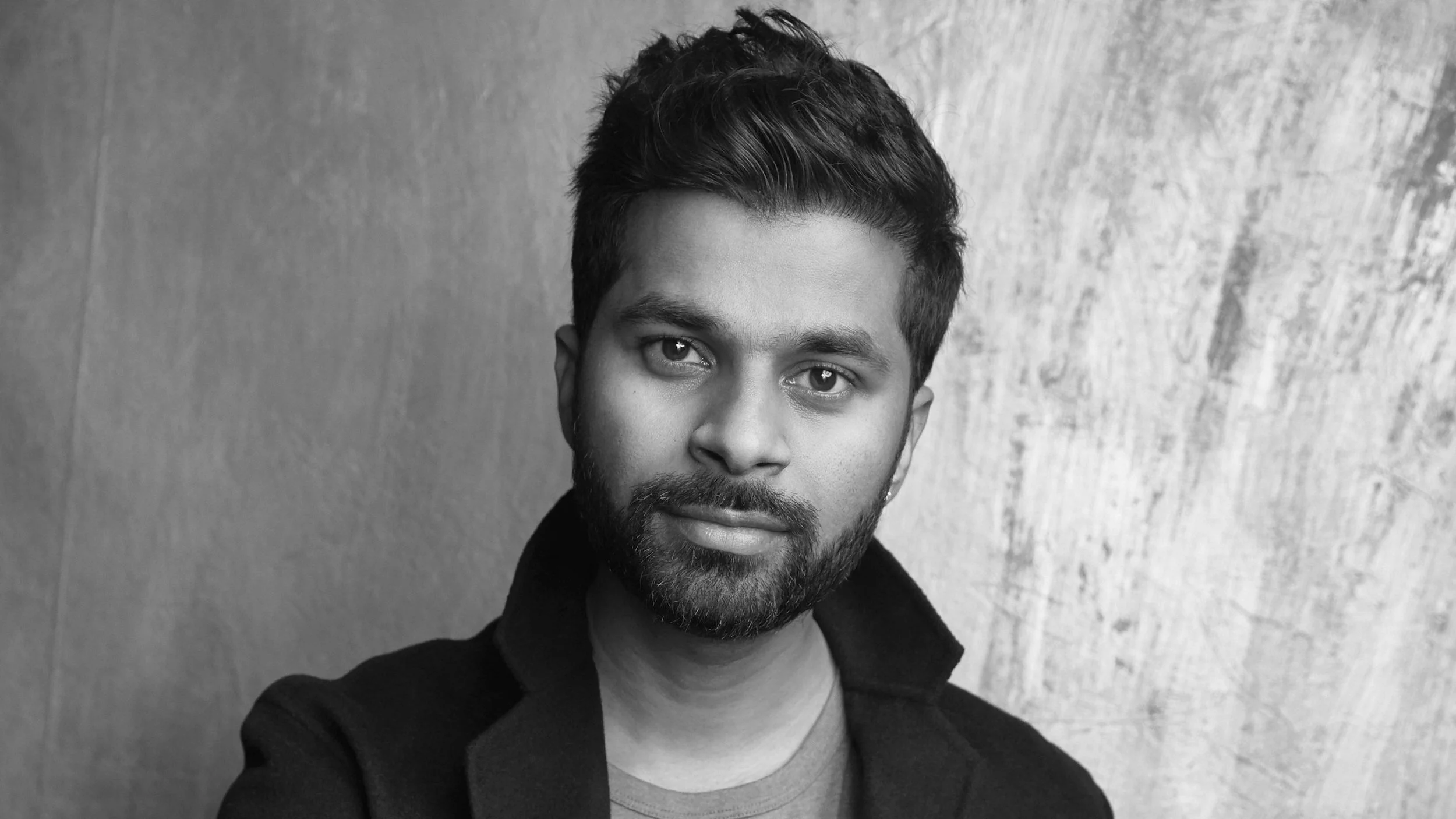Alumni Update: Saikumar Reddy Yeddula
Dr Saikumar Reddy Yeddula is a 2018 scholar who attended the Imperial College to pursue a PhD in Mechanical Engineering. He currently is a Research Associate at the Department of Aeronautics, Imperial College London.
With the endowment of the 1851 research fellowship from the Royal Commission, he will collaborate with aero industries to develop high-speed commercial aircrafts.
Dr Saikumar Reddy Yeddula graduated with a PhD. from the Department of Mechanical Engineering, Imperial College London, in 2021, where Professor Aimee S. Morgans supervised him. This project was fully funded by Inlaks Shivdasani Foundation and European Research Council.
During his PhD, Dr Yeddula worked towards developing mathematical frameworks that describe the acoustic (and entropy) wave behaviour inside gas-turbine based aero engines. These analytical frameworks were particularly helpful in understanding the physical phenomena leading to thermos-acoustic instabilities – a significant challenge in designing aero-engine combustors. The work also involved several industrial collaborations with Reaction Engines UK Ltd, a UK based aero-industry. His research work was presented at several international conferences such International Congress on Acoustics (2019) in Aachen, Germany, e-Forum Acusticum (2020) in Lyon, France, and International Congress on Sound and Vibration (2021), Prague, Czech Republic. For his contributions to the ICA conference, Dr Yeddula received a Young-Scientist Award grant from the committee members. His work was also published in three international peer-reviewed journal articles during the project. His recent publication, titled 'A solution for the quasi-one-dimensional linearised Euler Equations with heat transfer', published by the Cambridge University Press in its prestigious Journal of Fluid Mechanics issue, is note-worthy.
After his PhD, Dr Yeddula was awarded the prestigious 1851 research fellowship from the Royal Commission - awarded to one outstanding researcher every year out of several hundred applicants. The Royal Commission, headed by Her Royal Highness Princess Royal, provides complete research funding to Dr Yeddula, while hosted by the Department of Aeronautics at the Imperial College London as a Research Associate.
During this fellowship, he will further collaborate with aero industries such as Reaction Engines and Destinus (a Swiss-based aero industry), who are actively developing high-speed commercial aircraft. With aviation accounting for 6% of the total greenhouse emissions, achieving the UK's net-zero carbon emissions target requires increased investments in new aircraft and engine technology, such as hydrogen-powered engines. However, pragmatic hydrogen-powered aero propulsion, offering high speed and efficiency in industries such as Reaction Engines, and Destinus, faces several challenges. Some of the critical problems that hinder their development are "huge levels of noise and fuel-inefficiency" – both closely associated with a flow phenomenon known as engine "unstart", which is caused by interactions between the flow shock waves and the acoustic waves propagating inside the engine. Engine air-intakes can be made stable to unstart by operating at inefficient conditions with significant energy losses. Efficient conditions are generally those susceptible to unstart. This conundrum means that increasing efficiency increases vulnerability to unstart.
Dr Yeddula will academically collaborate with Dr Paul Bruce (Reader in the Department of Aeronautics), Dr Neil Taylor (Performance and Aerodynamics Team Lead), Dr Jialin Su (Lecturer at the University of Loughborough) to carry out theoretical investigations on the unstart phenomena.
The fellowship, therefore, aims at improving the air-intake stability at higher altitudes and hypersonic speeds for the new class of hydrogen-powered engines. This is achieved by developing full-scale models for an on-paper engine design and identifying conditions leading to unstart. A multi-scale approach that combines separate treatments for the different physical phenomena is applied. For instance, high-fidelity numerical simulations are used to capture the high-speed flow; simultaneously, mathematical models are employed to capture acoustic/atmospheric disturbance propagation and its impact on air intake performance. These multi-scale models from these numerical and analytical frameworks provide accuracy, computational efficiency, and physical insight. To this end, Dr Yeddula will be using the High-Performance Computing facility in Imperial College London to carry out the numerical simulations. The numerical results are validated by running experimental investigations on the hypersonic wind tunnel in the Aeronautics department that can operate up to nine times the speed of sound.
Successful implementation of the model to the test engine at Reaction Engines/Destinus brings us one step closer to efficient and accessible high-speed hydrogen-powered civil aircraft. This development can be a crucial step toward mitigating air traffic by reducing flight time and meeting the emission targets - offering direct industrial and societal impact.
Cover Image: Dr Saikumar Reddy Yeddula – Brunel Fellow, briefing his research work to Her Royal Highness, Princess Royal, The President of the Royal Commission for the exhibition of 1851






